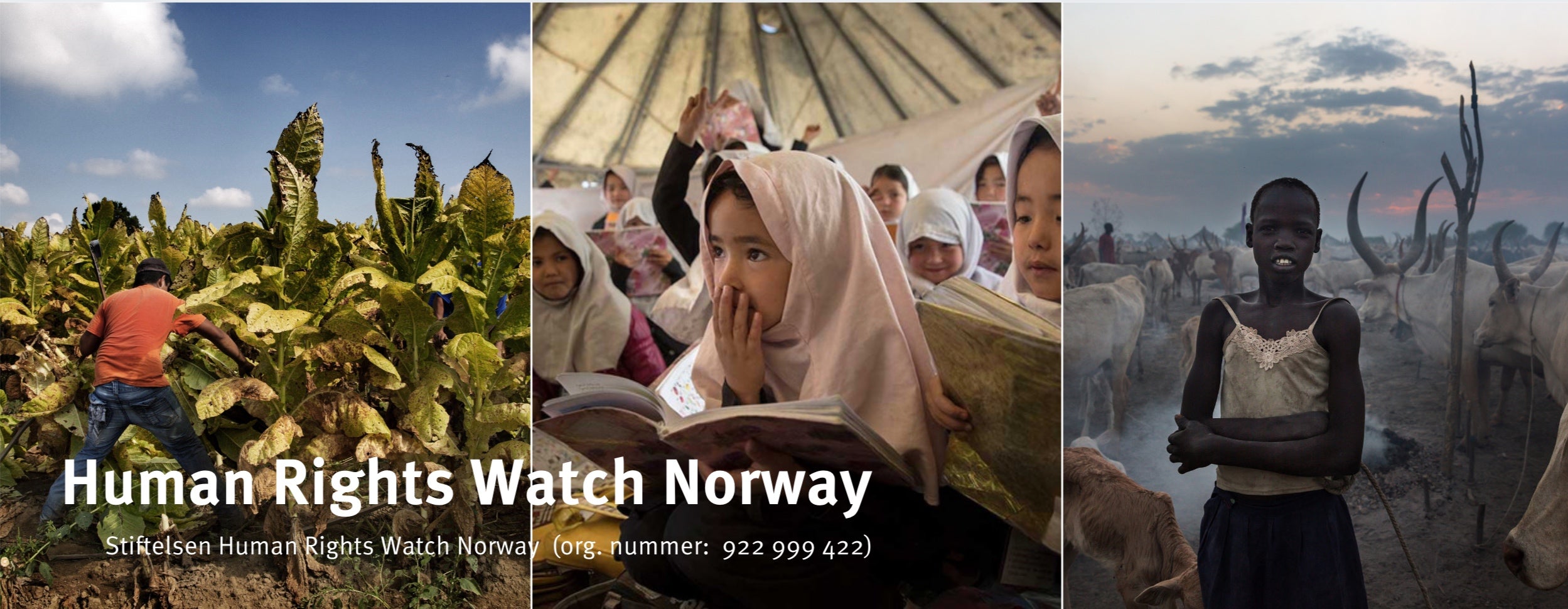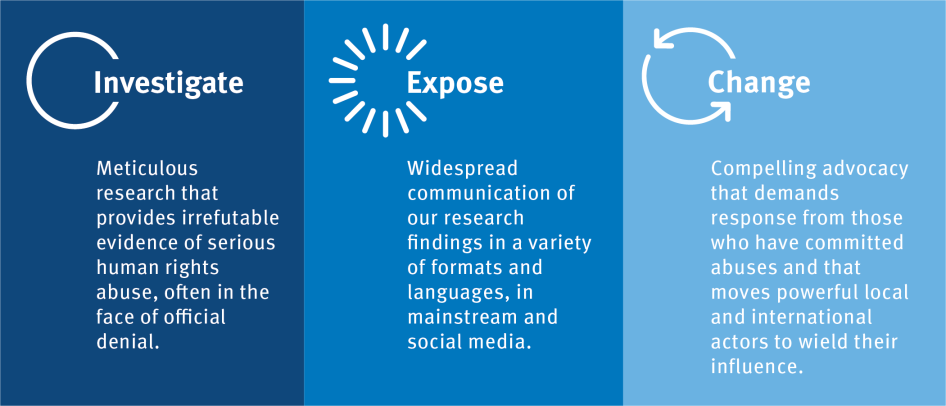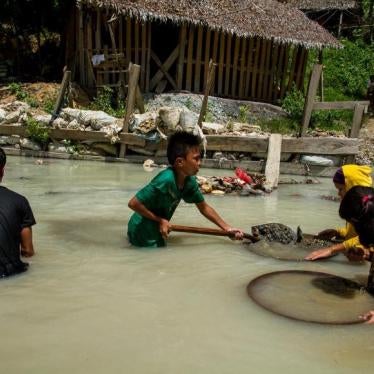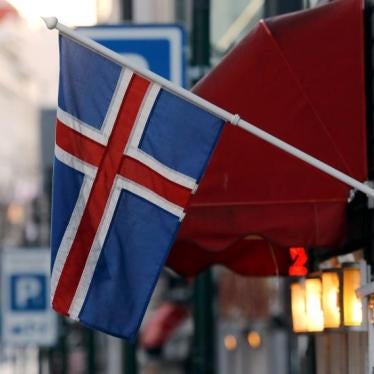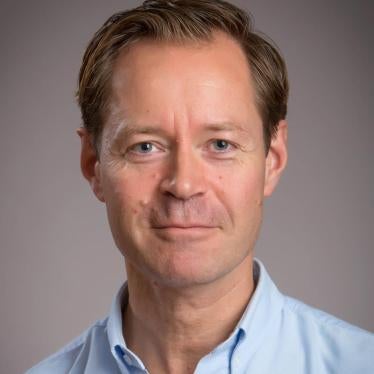Norway Arrests Highlight Impact of Pandemic on Sex Workers
Human Rights Watch research finds that criminalization of buying sex also harms people who sell sex. It makes it harder for them to find safe places to work, work together, advocate for their rights, or even open a bank account. It stigmatizes sex workers and leaves them vulnerable to abuse by police. Governments Should Include Sex Workers in Public Health and Financial Support Responses. Read the full article by our co-director of the women’s Women's Rights Division Heather Barr, here.
